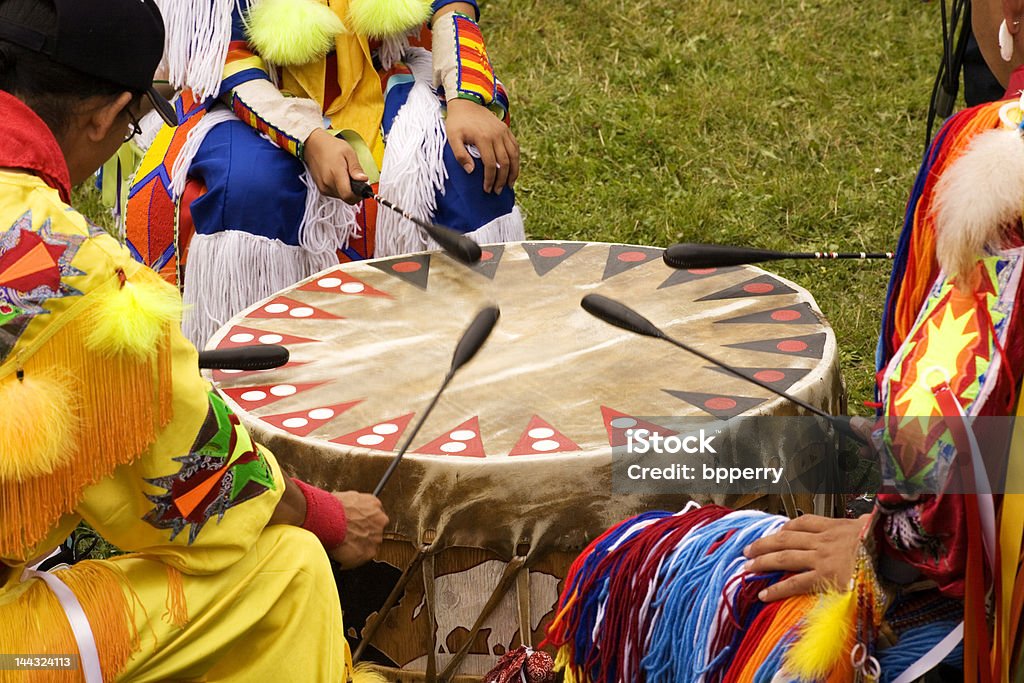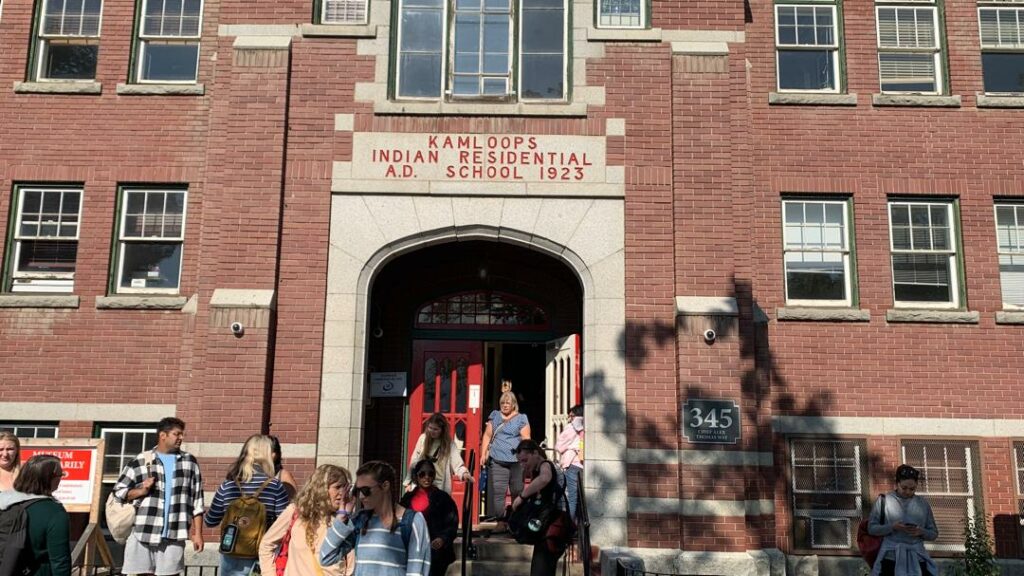I undertook the Indigenous Ways of Life and Pedagogy course in partial fulfillment of my human rights and social justice program. I had a remarkable experience during my course of study; I, most importantly, gained experience through experiential learning activities that entrenched my insight into Canadian cultural practices and social issues.
It was an Indigenous experience in the making of drums, whereby I learned the role of a drum in Indigenous culture: storytelling, healing, and building communities. Such a workshop allowed me to appreciate the artistry involved in its making and even brought forward a very important issue of cultural appropriation and respect for indigenous traditions. All this made me consider the drum a resilient cultural identity that commands deeper respect for Indigenous rights and perspectives.
It came with a field trip to the Indian Residential School, exposing me to continuing struggles around sovereignty and rights. This direct hearing from Indigenous Elders and community members impressed the issue of colonization and self-determination. This contact closed the gap between theoretical and practical aspects concerning the allyship and support intended to be extended to Indigenous movements.
Finally, participating in a smudging ceremony crystallized Indigenous spiritualities and their place in wellness and community healing. The importance of mindfulness and a relationship with the land this practice underlined while reinforcing for me that social justice is not solely about legal rights but also about cultural recognition and healing.
These experiential learning activities added depth to my perspective on human rights and social justice and the place of cultural understanding and respect in making such advocacy successful.
“Life has no limitations, except the ones you make” Les Brown

